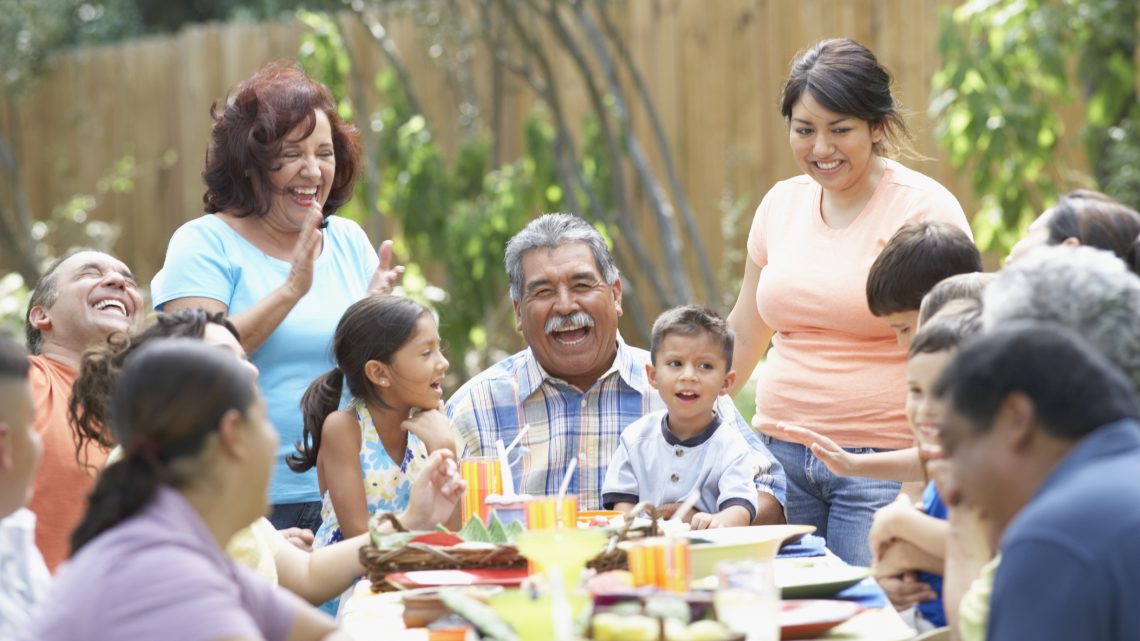No one in Seventh-day Adventist churches, besides the pastor, has more influence than an elder. Who better, then, to provide insight into the best ways to support our pastors? With that in mind, OUTLOOK editor Martin Weber asked each president of Mid-America’s six local conferences to select two elders—one from a larger church and another from a smaller church—who represent the excellence and spirituality of their calling. Eleven responded to our request for an interview. In this nine-part series, these elders share their wisdom on how to make pastoral appreciation a practical, year-round experience in our churches.
OUTLOOK: What is one way in which you help your pastor facilitate discipleship and equip your congregation for ministry?
Nigel Abrahams (Lifesource Adventist Fellowship, Denver, CO): I facilitate a Sabbath School class at my church.
JoAnn Arnold (Bismarck, ND): JA: Discipleship can have many facets. I facilitate one-on-one situations with members who are new in the faith, helping them understand and more deeply appreciate what they have just learned. Part of discipleship is loving people for who and where they are and looking to what they can become in Jesus. None of us has arrived. I thank God for people who have been patient with me in the past helping me at times when things were not going in the right direction in my life. Many times people really don’t see Jesus until the chips of life are down so to speak and we are there to help, encourage and point them in the right direction. It also at times has meant Bible studies or answering questions on a variety of topics. Another area of discipleship is in the area of health and as a part of the CHIP team at our church I have a privilege of helping people understand how to maintain and many times regain the health that they have lost. This is such a fun part for me as I love to cook and most people in my church know that about me.
Steve Bascom (Gutherie Center, IA): We try to encourage and develop other people to lead out in different types of activities such as prayer meeting, social events and Sabbath School programs.
Joe Bates (Aitkin, MN): By personally taking on that responsibility. I see the head elder’s main responsibility as working towards a culture of discipleship and training in the church.
Alan Brass (Colorado Springs Central, CO): It is so important for every one of every age to feel as though they are a part of the team. I try to have our young people, and those who are relatively new to our church, be involved in the 11 o’clock hour—either through reading Scripture or being on a praise team.
Bobby Franklin (Claremont, Pueblo, CO): Through encouragement and meeting the needs of the people.
Jenni Glass (New Haven, Kansas City, KS): Recently our women’s Bible study began to talk about spiritual gifts, so I took this opportunity to assist the group in taking a gifts-assessment survey so they could discover their spiritual gifts. We found this exercise to be an empowering activity. Doing this type of activity at the small group level is a good way to get people excited and involved.
Michael Kelsey (St. Louis Central, MO): We work together to try to push out responsibility to as many members as possible. As more hands take up the plow, before we know it, discipleship is happening and ministry is being accomplished! Ultimately, new leadership blossoms. (Serving is too good to keep to ourselves!)
Gina Olberg (Andover, MN): I need to be more helpful in this, but I do encourage people as they express interest in exploring a ministry. I also just show up and participate, too.
Merlin Wehling (Kearney, NE): The pastor and I frequently talk about the direction of the church. There is a back and forth about good ideas and bad ideas, leaders in the church, people who need extra support, and church vision. But by far I hope every pastor will see me as a friend and someone they can confide in.
Kathy Widicker (Bowdon Country Church, ND): Pray first!
For more questions and comments from local church elders click here.








